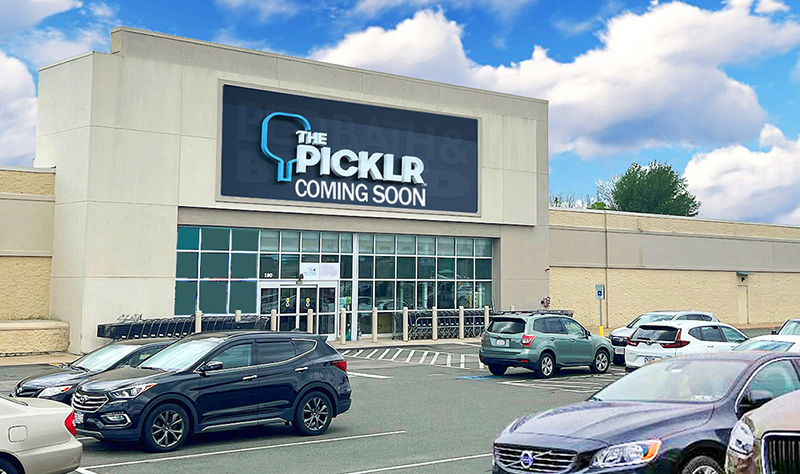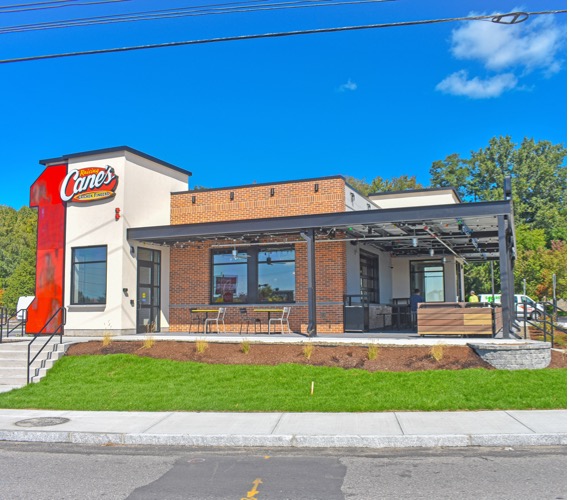Securing the storefront: How companies are tackling increasing retail theft - by Scott MacNeil

Retail crime, and specifically organized retail crime, is on the rise in major markets throughout the United States. In 2022, the National Retail Federation reported a loss of $112 billion, up from $99.3 billion in 2021. In addition to profit loss, many retailers are seeing increased operating costs for private security, and some large national retailers have even fled longstanding locations in major cities, citing the rapid spike in retail theft. This surge in theft, coupled with increased shrinkage and operating costs, has retailers and landlords grappling with the question of how to address this issue effectively without majorly impacting their bottom line. Solutions to this problem include creative uses of technology, legislation, and partnerships with law enforcement.
Many retailers are coming up with creative, cost-effective ways to efficiently prevent retail theft. For example, one of TJX’s several new anti-theft measures to mitigate retail theft, includes having some employees wear body cameras similar to those police wear. TJX’s CFO John Klinger stated during an earnings call that, “when somebody comes in, it’s almost like a deescalation where people are less likely to do something when they’re being videotaped. So, we definitely feel that that’s playing a role.” Taking another approach, it was reported in June that Target has lowered the threshold for employees to step in and prevent shoplifting from $100 to $50, in an attempt to stop retail crime.
Other companies are turning to AI. In the past year, the use of AI and technology in this sector has expanded dramatically. A French company, Veesion, offers AI software that can be incorporated into many existing camera systems in retail stores. This technology detects suspicious body activity in real time, allowing retailers to confront shoplifters with real-time proof. As of December 2023, Veesion reports use in over 350 stores across the United States. Retailers should proceed with caution and diligence here, as the use of facial recognition technology has faced significant backlash recently, with several retailers facing punishments for improper use of the technology and privacy concerns.
Beyond looking to mitigate issues at individual locations, it is clear that the industry is concerned about this trend overall. In the past year, many states have attempted to introduce legislation to combat the rise in retail theft. California and Ohio, among other states, have active bills in their legislature to combat retail theft, while Florida and Vermont have signed new public safety laws into effect in 2024 with an eye toward retail theft.
We are also seeing retailers working together with local law enforcement to open a dialogue about retail theft. For example, in March, the Retail Industry Leaders Association paired with the National District Attorneys Association for “National Store Walk Month”, which has led to local district attorneys meeting with local retailers to discuss the impacts of retail theft, and to work towards solutions. As of late 2023, over 80 of these store-walks between retailers and district attorneys had taken place across the country.
Retail theft will continue to fluctuate over the next year, but the tone set by retailers is clear – something needs to change, and whether through the use of monitoring technologies, artificial intelligence, or lobbying efforts in government, retail will continue to fight to curb shrinkage from retail theft. If you are considering these types of efforts in your locations, it is prudent to engage legal counsel to evaluate any potential concerns.
Scott MacNeil is an associate at Hinckley Allen, Boston, MA.
Mace of KeyPoint Partners negotiates 36,192 s/f lease for The Picklr at Endicott Square
Danvers, MA KeyPoint Partners (KPP) negotiated a lease with the nation’s premier indoor pickleball venue The Picklr at Endicott Sq. Vice president of retail brokerage Don Mace negotiated the transaction on behalf of the landlord.





.jpg)


.png)